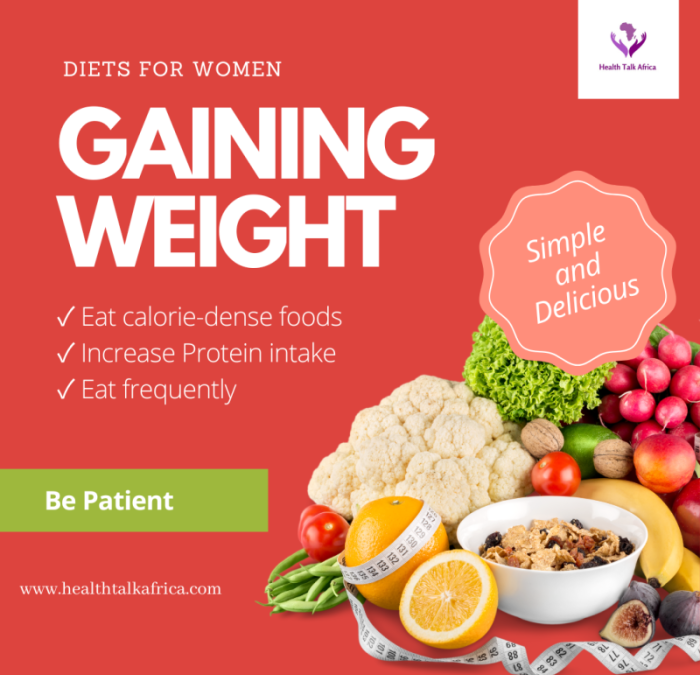There are many different diets that women can try, but it’s important to remember that everyone’s body is different and what works for one individual may not work for another. Before starting any new diet, it’s always a good idea to speak with a healthcare professional, particularly a dietician to make sure it’s safe and appropriate for your individual needs and goals.
Here are a few popular diets for women:
- Mediterranean diet: This diet is based on the traditional eating patterns of people who live in Mediterranean countries. It emphasizes whole, minimally processed foods like fruits, vegetables, whole grains, lean proteins, and healthy fats like olive oil and nuts.
- DASH diet: This diet was originally developed to help lower blood pressure, but it’s also a healthy option for women looking to improve their overall health. It focuses on fruits, vegetables, whole grains, lean proteins, and low-fat dairy products.
- Vegetarian or vegan diet: These diets eliminate meat and animal products, and can be a good option for women who are looking to reduce their intake of saturated fat and cholesterol. It’s important to make sure you’re getting enough protein, iron, and other key nutrients when following a vegetarian or vegan diet.
- Low-carb or keto diet: These diets focus on reducing carbohydrates and increasing protein and fat intake. They can be effective for weight loss, but it’s important to choose healthy sources of protein and fat and to make sure you’re getting enough fiber and other important nutrients.
Diets for women to gain weight
For women who are looking to gain weight, it’s important to focus on consuming more calories than your body burns each day. Here are a few tips for gaining weight in a healthy way:
- Eat calorie-dense foods: Focus on foods that are high in calories, but also provide nutrients. Some examples include nuts, seeds, avocados, nut butters, dried fruit, and whole-fat dairy products.
- Increase your protein intake: Protein is essential for building and repairing muscle tissue. Aim to consume at least 1 gram of protein per pound of body weight each day. Good sources of protein include lean meats, fish, eggs, dairy products, beans, and nuts.
- Eat frequently: Aim to eat 5-6 small meals throughout the day, rather than 3 large meals. This can help you consume more calories without feeling overly full.
- Strength training: Resistance training can help you build muscle mass, which can contribute to weight gain. Focus on compound exercises that work multiple muscle groups, such as squats, lunges, push-ups, and pull-ups.
- Be patient: Gaining weight can be a slow process, so it’s important to be patient and consistent with your efforts. Aim to gain no more than 1-2 pounds per week to avoid gaining excess body fat.
Remember, the most important thing is to find a diet that you enjoy and can stick to long-term. Eating a variety of nutrient-dense foods and maintaining a healthy balance of macronutrients (carbohydrates, protein, and fat) is key to achieving optimal health and well-being.
Also, note that gaining weight in a healthy way takes time and effort. It’s also important to speak with a healthcare professional to ensure that weight gain is appropriate for your individual needs and goals.


Great Content